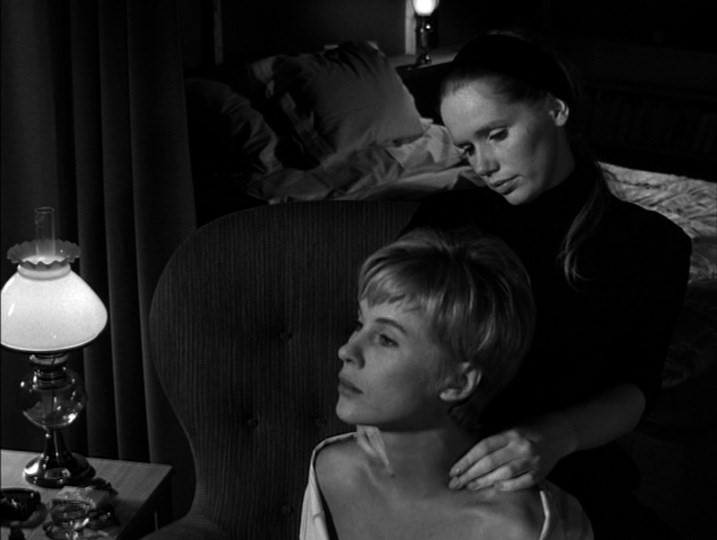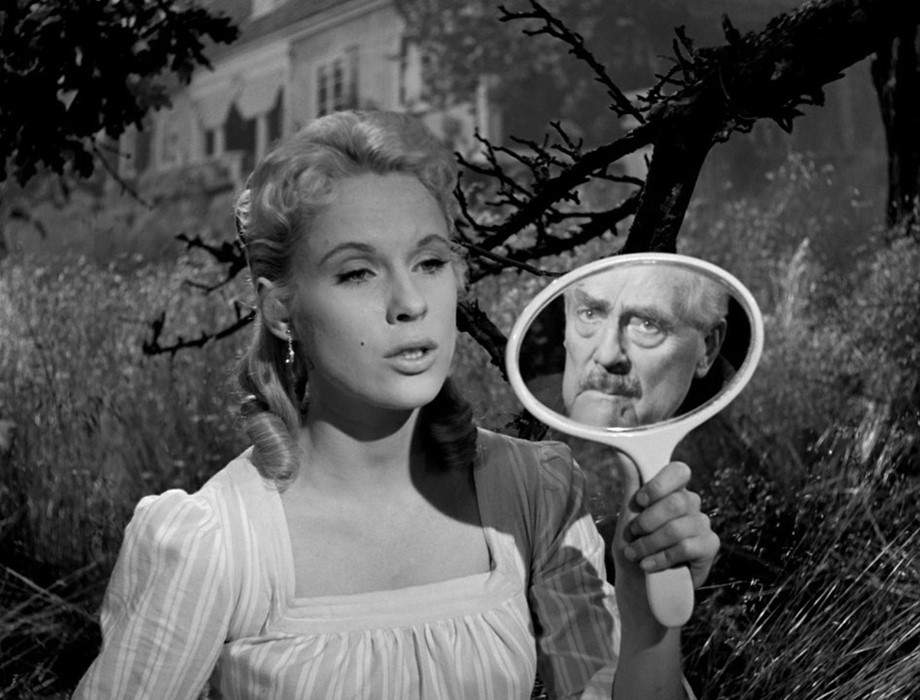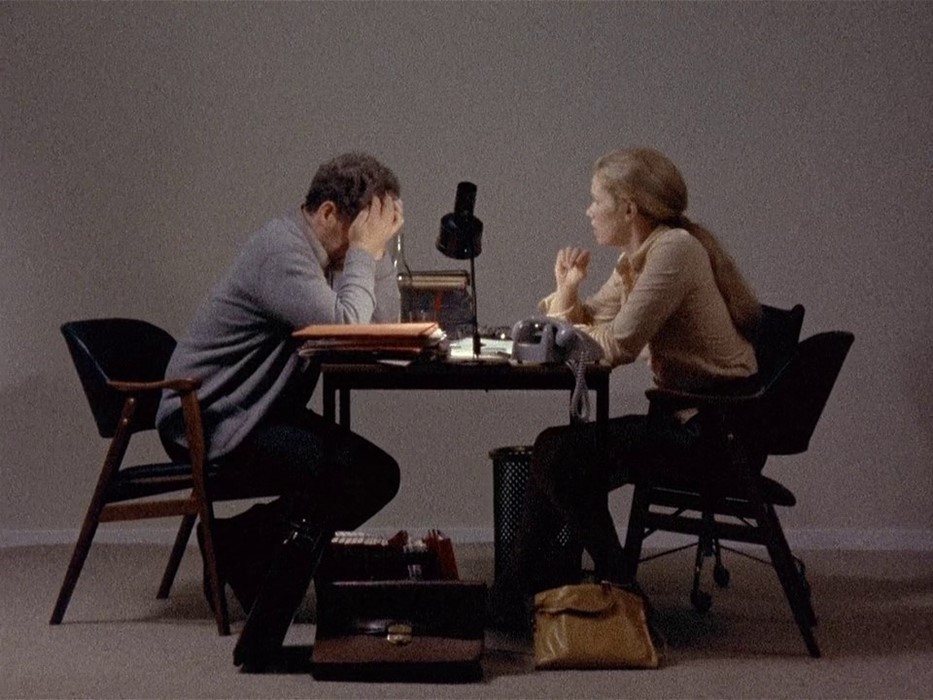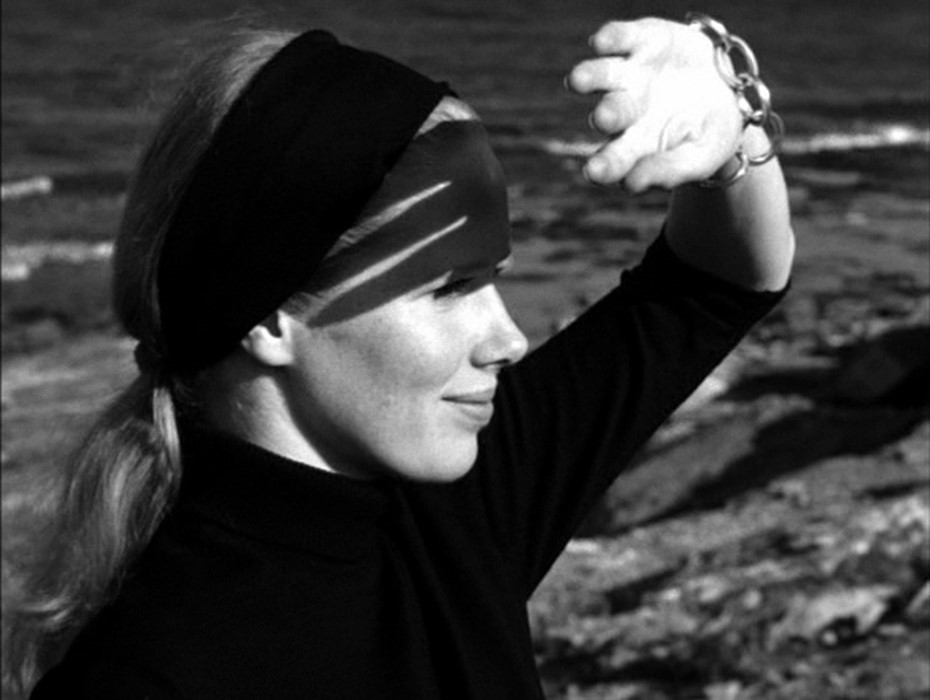The Swedish director’s sprawling oeuvre makes the work difficult to contain, but a new season at the British Film Institute aims to define his legacy
If you haven’t seen an Ingmar Bergman film, you’ve at least seen traces of his influence in the world around you. From the stylish split personality of Persona through to the masterful exploration of faith and death in The Seventh Seal, Bergman’s films cast a long shadow on cinema to this day. And if you’re looking for an introduction to the great director’s work, a retrospective season at the British Film Institute, celebrating his centenary year, runs until March. Here, we take a look at the cornerstones underpinning it.
1. The Cast
No great director can work without their actors, and Bergman formed lasting partnerships with several of his collaborators. He surrounded himself with something of a repertory company of actors willing to take on roles in his various projects, including Bibi Andersson, Gunnar Björnstrand, and Max Von Sydow, whose first Bergman role was as the doubtful, yet dignified knight in The Seventh Seal.
Much could be written about the dismissive term ‘muse’, but it seems especially reductive when applied to Liv Ullmann’s relationship with Bergman. The Norwegian actress appeared in nine of the director’s later films, and it is her expressive eyes and deceptively placid style that first come to mind for many of Bergman’s fans.

2. The Location
For audiences who haven’t visited Sweden, Bergman’s films offer a particularly stark view of the country. He lived for many years on Fårö, a remote island in the Baltic Sea, and shot several of his films there, including Through a Glass Darkly, Persona and Shame. The unusual rock formations that line the beach at Langhammars feature in Persona, offering a dramatic addition to the film’s own remote nature. Idyllic and secluded country houses also crop up frequently, as in Autumn Sonata, Wild Strawberries and the beautiful mansion occupied by three sisters in Cries and Whispers. These become self-enclosed worlds for the characters to ruminate and argue, fumbling faintly towards some intellectual conclusion.

3. Doubles
Critical interest in Bergman’s work has called attention to his exploration of duality, something later delved into by contemporary filmmakers like David Lynch or Brian De Palma. In Persona, Liv Ullmann and Bibi Andersson, playing an unwell actress and her nurse respectively, overlap metaphorically and visually, as if two halves of the same person. In Wild Strawberries, which sees an elderly doctor embark on a road trip (and an existential journey) to accept an honorary doctorate, Bibi Andersson appears as both a real teenager and a memory from the doctor’s own youth. Sisters are the focus in both The Silence and again in Autumn Sonata, where Ingrid Bergman arrives as an absent, ageing mother, unprepared for who her adult daughters have become. Each time these doubles act as a mirror, allowing for a deeper exploration of a person’s latent fears, doubts and anxieties.

4. Dreams and Memory
Dreams and memories, both experienced and recounted verbally, play an important role in Bergman’s films. Often it’s a way to broach a difficult topic of conversation – repressed pain and childhood misery, as in Autumn Sonata – and elsewhere it’s simply a sign that things are not quite right here, as you’ll find in the opening scenes of Wild Strawberries. In Shame, Liv Ullmann’s character Eva Rosenberg is caught up in a strange and silent civil war, and in the confusion explains that strangeness to her husband. “Sometimes everything feels just like a dream,” she says. “It is not my dream but somebody else’s that I have to participate in. What happens when the one who dreamt us wakes up and feels ashamed?”

5. The Search for Meaning
Whether it is the medieval knight on a final quest before death or the marital struggles of a supposedly happy couple marred by infidelity, the broader search for what life is really about plays out over and over again on screen. In the two television mini-series Fanny and Alexander and Scenes from a Marriage, Bergman explored family conflicts and domestic drama – everyday life with added breadth and scope drawn into it. The enduring power of Bergman’s directing, however, lies in the fact that even the most intellectual or severe of themes – mortality, morality, ageing, or faith – can be handled with humour, lightness and a deft hand in his films.
Ingmar Bergman: A Definitive Film Season runs at BFI Southbank from January to March 2018.
